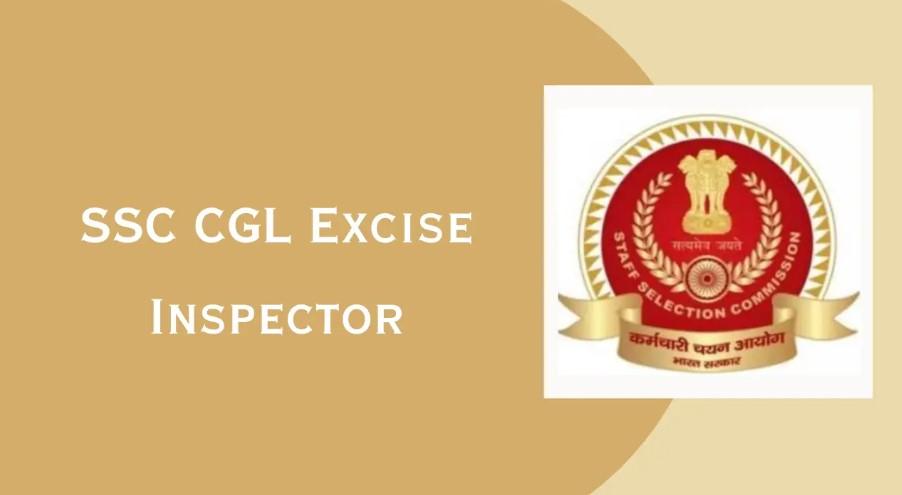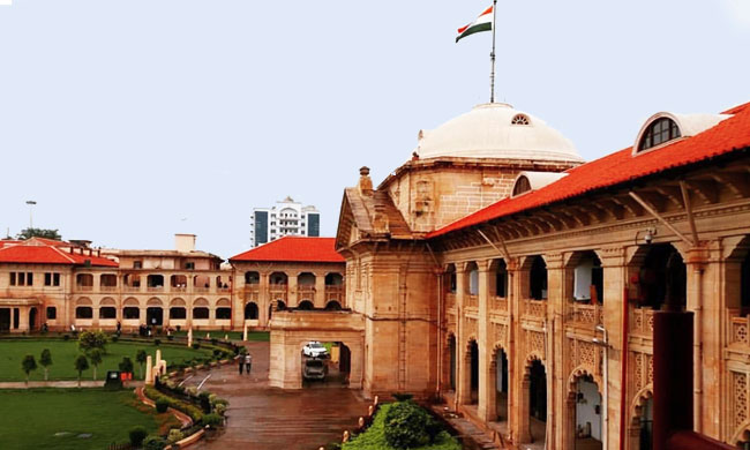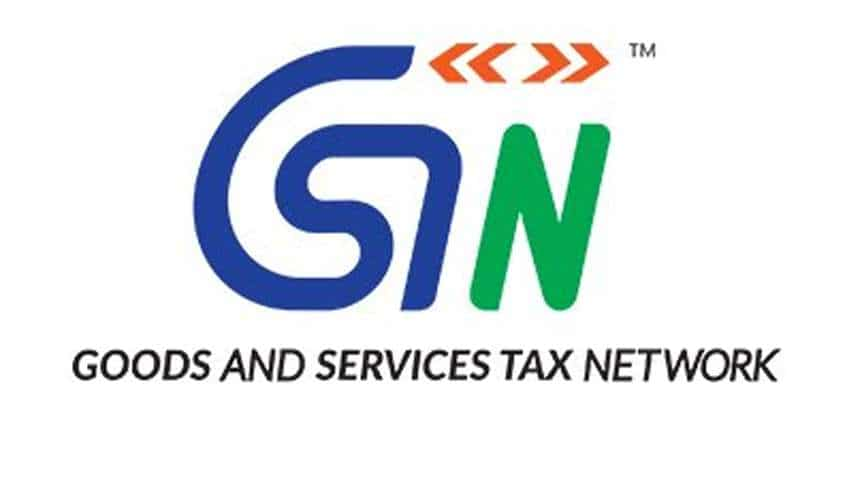It has been more than six months since the GST Council last met to discuss tax policy matters. Never in the past, since its inception in 2017, has there been such a large gap between two GST Council meetings.

After successfully overcoming the compensation cess imbroglio, there has been no meeting so far to discuss the strategies for tweaking the tax policies that can help the nation combat the catastrophic second wave of Covid -19. There have been devastating stories of loss of human life, and the economic impact of the second wave would be seen in the coming months. Many states have independently petitioned the central government to convene the next GST Council meeting and, so far, there has been no announcement of a date.
Indeed, there have been many pressing needs and priorities that the government needed to tackle in the intervening period. It is about time that the GST Council met; it is imperative that there is no further delay.
There has been a growing clamour for exempting the Covid-19-related vaccines, drugs, medicaments, medical devices, etc, from charge of GST. On the face of it, exempting any supply of goods/services from the levy of GST appears to be consumer-friendly as no GST is payable on such supplies. However, in reality, the consumers may end up in carrying the burden of certain amount of GST, thanks to the cascading effect of the GST exemption.

The crux of any VAT/GST system is the ability of the buyer (in a business-to-business supply scenario) to claim credit of the tax paid on the purchases while discharging the tax payable on the supplies effected. Any break in this chain will result in an increase in the cost of goods/services supplied. Hence, ultimately, the final consumer will be forced to bear the burden of the tax applied at every stage of value-add, as he/she can’t claim any input tax credit as the goods/services are consumed by him/her and are not used for any furtherance of business.
It is therefore prudent that rather than exempting the supply of goods/services, especially those where GST is applicable on inputs, input services and capital goods that are used in supply of such goods/services, a GST at a lower rate is levied so that the input tax credit is available through the value-chain and the cascading effect is completely neutralised, ultimately paving the way for reduced prices to the end-consumer.
Another method would be to zero-rate such supplies where there is no tax payable on the output side and full input tax credits are available of the tax paid on inputs, input services and capital goods used for supply of goods/services. This completely nullifies the cascading effect.
Typically, export of goods/services are zero-rated where an exporter gets a refund of the input taxes paid, subject, of course, to fulfilling of various conditions.

There is no precedence in India where domestic supplies (including imports) have been zero-rated. We find many examples across the globe where domestic supplies (including imports) have been zero –rated to make the prices affordable to end-consumers. India should take a cue from this established global practice and showcase its ability to go all out and do what it takes to provide relief in these painful times. There is nothing more precious than saving a human life, and the government should not shy away from taking bold and ‘never-taken-before’ decisions.
The GST Council needs to quickly meet and take the decision of zero-rating the supplies for goods and services that are aiding the fight against Covid-19 pandemic. This will provide further relief to the consumers as the benefit of the input tax credit has to be passed on to the consumers in order to be compliant with the anti-profiteering measures. The GST collection, thankfully, has been robust for the past few months, and, in fact, last month, it touched a record level (Rs 1.41 lakh crore).
There has to be room created for absorbing this additional burden for the sake of the patients who are battling for their lives in various cities/towns/villages across the country. The government can choose to have this mechanism for a limited period till the Covid-19 pandemic ends. Extraordinary times demand extraordinary measures!














